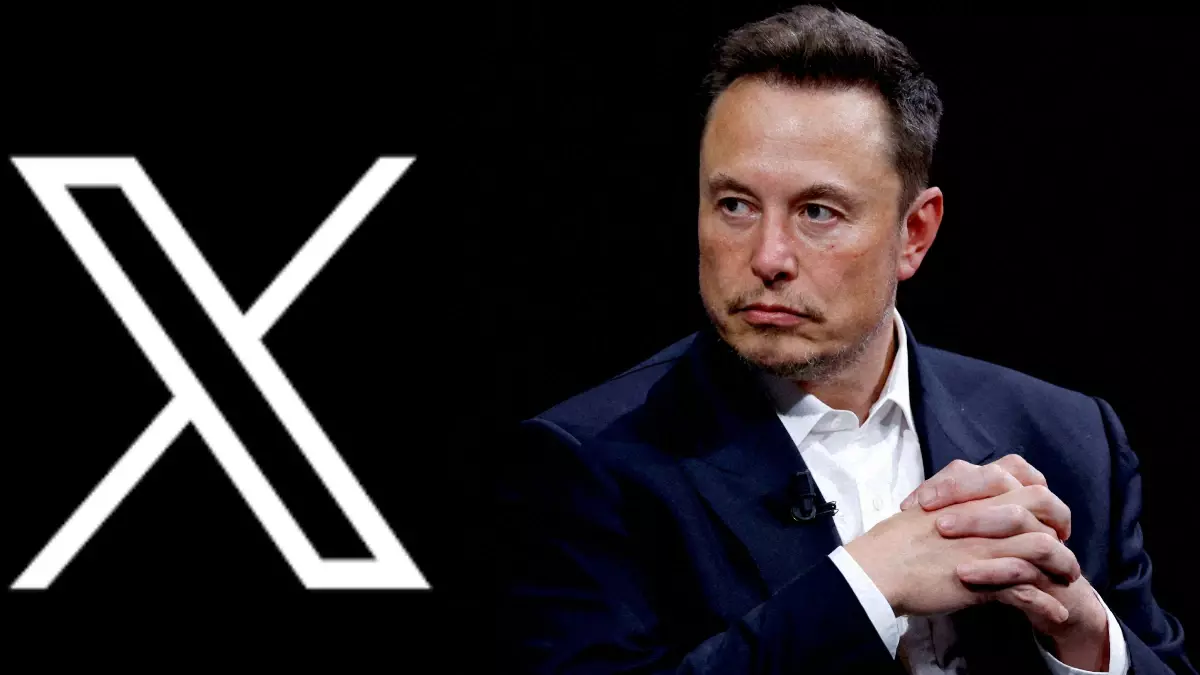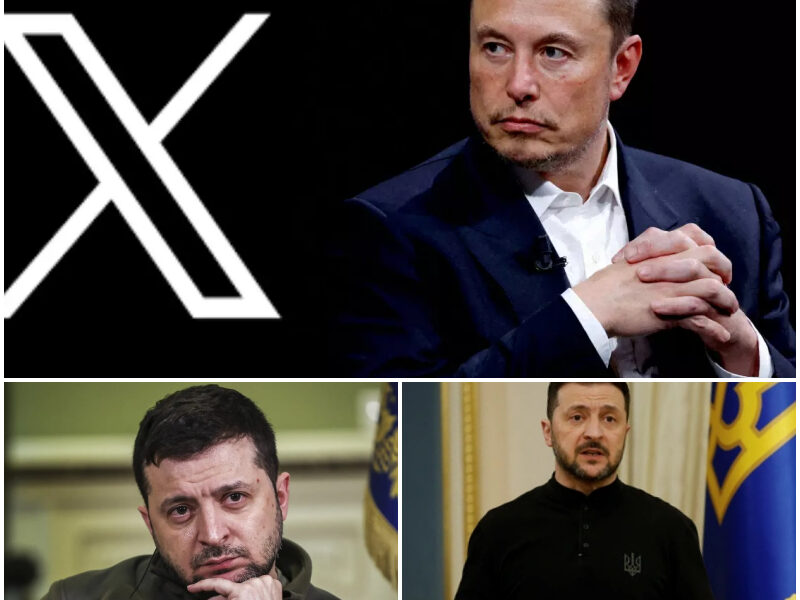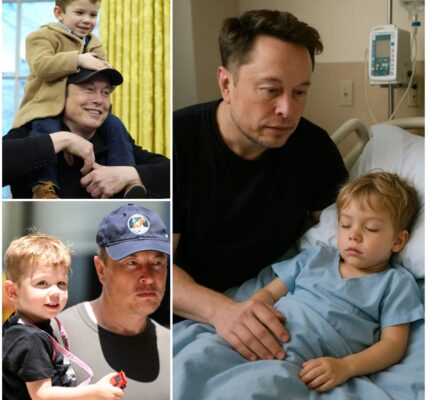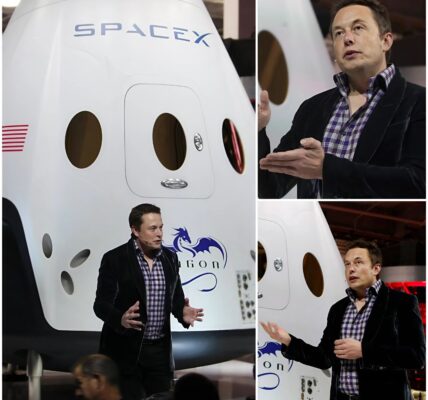
🧠 The Allegation: What Elon Musk Said
🔐 The Attack: What Happened?
- Disruption of service across multiple regions for over 12 hours
- Compromise of internal administrative dashboards
- Exposure of limited user metadata (though X denies any passwords were leaked)
- Attempted manipulation of trending content algorithms
🌍 Global Reactions
🇺🇦 Ukraine: Government Denies Involvement

🇷🇺 Russia: Mixed Signals
🇺🇸 United States: Concerned but Cautious
🔄 Background: Musk, Ukraine, and Digital Diplomacy
📉 Business Fallout
🧩 Analysis: The Geopolitics of Blame

🧭 What Happens Next?
- Investigation: X has pledged to release a full postmortem. Third-party cybersecurity firms and international agencies like Interpol may be involved.
- Diplomatic Tensions: Ukraine’s diplomatic corps is reportedly preparing formal outreach to the U.S. government to address Musk’s statements.
- Platform Scrutiny: U.S. lawmakers are already calling for hearings on platform security and foreign interference in digital infrastructure.
📢 Final Word







